Rideshare Lawsuit
Rideshare lawsuits, particularly involving Uber and Lyft, address a wide range of claims from unfair pay practices to inadequate safety measures.

This is an Active Lawsuit
- Written by Sarah Miller
- From Legal Claim Assistant
- Last Updated
Possible Compensation:
- $1000 - $10,000
Table of Contents
Introduction to Rideshare Lawsuits
Rideshare lawsuits have become a focal point in modern legal landscapes, particularly involving major companies like Uber and Lyft. These companies have faced numerous legal challenges across various states, including New York and California, where issues such as unfair pay, lack of proper employee benefits, and inadequate background checks have been brought to light. Each lawsuit aims to address grievances of both Uber drivers and passengers, encompassing claims of unpaid earnings, entitled compensation, and other employment-related disputes.
Uber and Lyft, representing major rideshare companies, often find themselves in appeals courts where the validity of each claim is scrutinized and the need for settlement payments assessed. The settlement funds, established as part of resolving these class action lawsuits, aim to distribute compensation to settlement class members fairly. This process is crucial in setting precedents for how rideshare companies manage claims of wage theft, sexual assault, and other serious allegations.
New York drivers and those from other regions argue for changes that ensure a stable earnings floor and better working conditions, challenging Uber and Lyft on their policies through class action lawsuits. The outcomes of these cases, decided by judges and influenced by the rigorous examination in court, often lead to significant changes in company policies, ensuring better security and compensation mechanisms for drivers.
With each new Uber lawsuit or Lyft settlement, the landscape of rideshare employment is reshaped, pushing towards more transparency and fairness in how these companies operate. Legal interventions are thus essential in regulating rideshare practices, protecting drivers, passengers, and ensuring that all are fairly compensated and treated within the legal frameworks set by jurisdictions like New York and California.
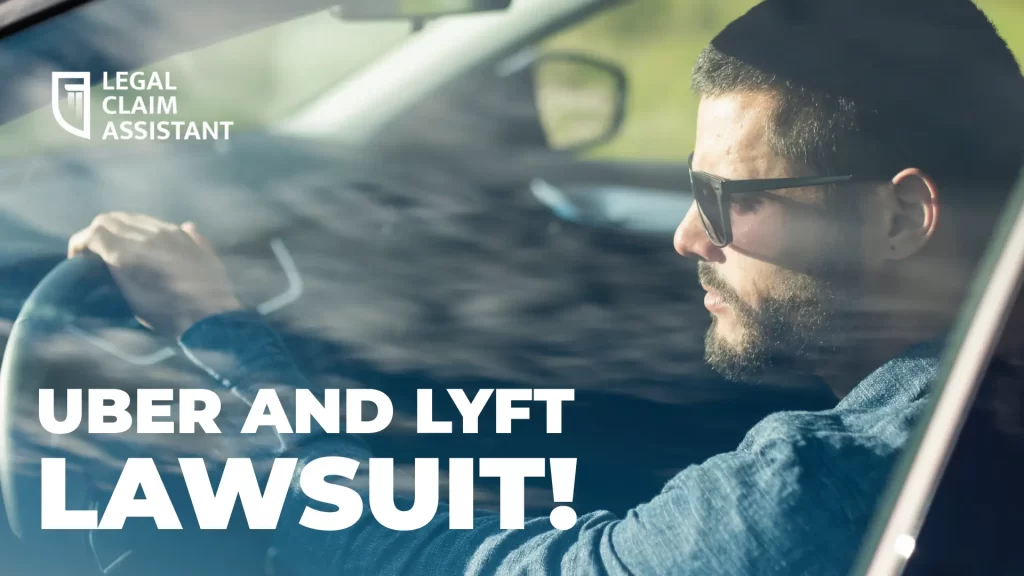
What is a Rideshare Lawsuit?
A rideshare lawsuit involves legal claims against rideshare companies like Uber and Lyft, often focusing on severe issues such as sexual assault, wage theft, and violations of passenger and driver rights. These lawsuits can arise from direct accusations against drivers or the companies’ policies and operational practices. Typically, these legal actions seek compensation for the victims and aim to enforce significant changes in industry practices to enhance safety and compliance.
For passengers, a rideshare lawsuit may involve cases where they were sexually assaulted by drivers, leading to claims against the company for failing to perform adequate background checks or not providing sufficient safety measures. For drivers, lawsuits often focus on issues like improper classification as independent contractors, leading to unpaid benefits and other employment law violations.
The Role of Uber and Lyft
Uber and Lyft, as the leading rideshare companies, face significant scrutiny and legal challenges. They can be held liable if found negligent in hiring practices or if they fail to provide a safe working and riding environment. Several high-profile cases and settlements have established precedents where these companies were compelled to make substantial payouts to victims and reform their operational policies. For instance, Uber agreed to settle with the New York State Attorney General over claims of miscalculating drivers’ earnings and improperly collecting a “Safe Rides Fee” that misrepresented the safety of its services. Similarly, in cases of sexual assault, these companies have faced class action lawsuits that question the adequacy of their safety protocols and driver screening processes.
These examples underscore the critical role that Uber and Lyft play in ensuring passenger and driver safety, which directly influences their legal responsibilities and the nature of lawsuits filed against them.
Need help filing a Rideshare Claim?
Common Grounds for Rideshare Lawsuits
Rideshare lawsuits encompass a variety of legal issues, with common grounds including sexual assault, wage disputes, and misclassification of employment status. Riders and drivers frequently challenge rideshare companies like Uber and Lyft through class action lawsuits for multiple grievances. Sexual assault allegations against drivers have prompted significant legal scrutiny, emphasizing the need for improved safety protocols. Additionally, disputes over wage theft are prevalent, with drivers contending that companies fail to adequately compensate them, especially in cities like New York, where the legal standards for paid sick leave and minimum earnings floors are stringently regulated.
Issues surrounding the classification of drivers as independent contractors rather than employees form another substantial area of litigation. This classification affects drivers’ entitlement to benefits, impacting their compensation and job security. Such legal battles often argue that rideshare companies should provide standard employee benefits, including paid leave and reimbursement for expenses, which are typically denied under the independent contractor status.
Sexual Assault Cases
Sexual assault cases within the rideshare context are deeply troubling yet unfortunately common. These cases often involve passengers who report being sexually abused by their drivers. Legally, these situations lead to lawsuits claiming that rideshare companies failed to perform adequate background checks or provide sufficient safety measures. The courts have seen numerous complaints where the lack of rigorous screening and monitoring processes has been brought to light. Victims pursuing these cases seek justice through settlements and demand changes in company policies to prevent future incidents. Rideshare companies face substantial pressure from the public and legal entities to overhaul their safety measures and ensure a safer environment for all users.
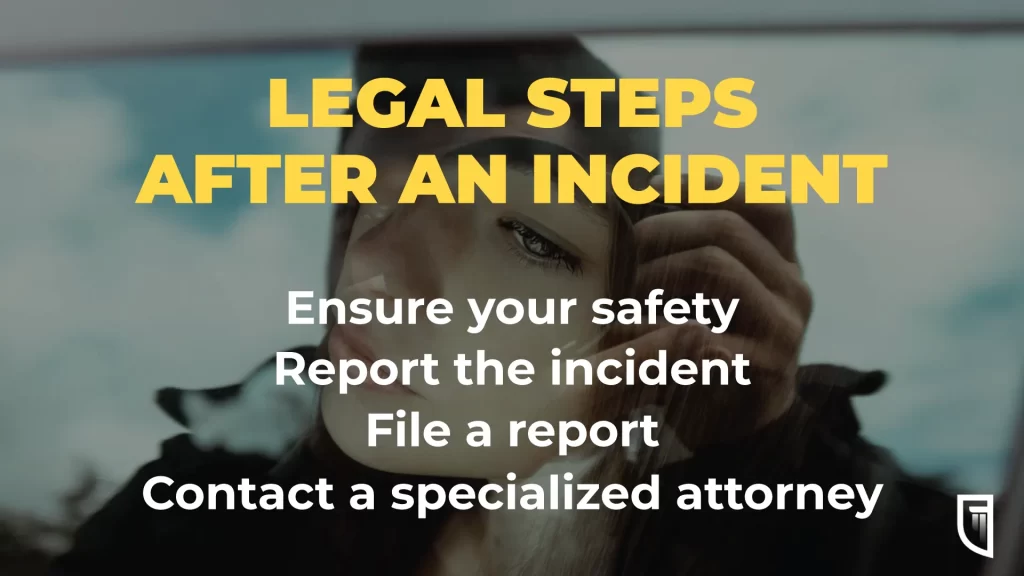
Legal Steps to Take After an Incident
If you’ve experienced assault or harassment during a rideshare with companies like Uber or Lyft, it’s crucial to take immediate legal steps. First, ensure your safety; if you’re in immediate danger, call 911. Report the incident to the rideshare company directly through the app, as this initiates a formal complaint. It’s also essential to file a report with local law enforcement to create an official record. Following these initial steps, contact a specialized attorney experienced in rideshare lawsuits. Such lawyers understand the nuances of rideshare legalities and can offer guidance tailored to your situation, ensuring that your rights are protected and that you navigate the legal system effectively.
Collecting Evidence
After experiencing an incident, collect and preserve all possible evidence. This includes saving any communication with the rideshare driver, capturing screenshots from the ride app showing the trip details, and securing video or audio recordings if available. Gather witness statements if other passengers were present. Medical records will be vital if you sustained physical injuries or sought psychological help following the assault. This evidence is crucial for supporting your claim in court or during settlement negotiations.
How to File a Claim Against Uber or Lyft
To initiate a lawsuit against Uber or Lyft, start by documenting the incident thoroughly and reporting it to the respective company and police. Consult with a lawyer who specializes in rideshare lawsuits to discuss your case specifics and legal options. If your lawyer advises, file a lawsuit in the relevant jurisdiction, which might be where the incident occurred or where the company is based, such as New York for Uber or California for Lyft. The process often involves filing a complaint, which outlines your allegations and seeks compensation.
Joining a Class Action Lawsuit
Joining a class action lawsuit can be a strategic move if your case aligns with those of other plaintiffs who suffered similar harms under similar circumstances. To join a class action, you typically must opt-in to become part of the class if the class is certified by a court. This process can enhance your bargaining power and streamline legal proceedings. Class action members often benefit from shared resources and the collective power to negotiate larger settlement amounts, which are then divided among all participants. This approach can be particularly effective in cases against large entities like Uber or Lyft, where individual claims may benefit from the amplified voice a class action provides.
The Impact of Rideshare Lawsuits on Industry Standards
Rideshare lawsuits have significantly impacted how companies like Uber and Lyft manage driver background checks, enhance ride safety, and protect passengers. These legal challenges have pressured these companies to implement stricter safety measures and more rigorous vetting processes for their drivers to ensure passenger security. The litigation has spotlighted the need for improved safety protocols, leading to more thorough background checks, including checks against national sex offender registries, and more substantial training on passenger safety and sexual harassment awareness.
Notably, lawsuits have pushed for better transparency and accountability, making safety information more accessible to users and providing clearer avenues for reporting misconduct. These changes aim to prevent incidents of sexual abuse and assault, providing a safer environment for both drivers and passengers. Furthermore, the spotlight on these issues has encouraged rideshare companies to adopt technologies like real-time ride tracking and emergency assistance features, significantly enhancing rider safety during trips.
Changes in Legislation and Company Policy
As a direct result of these lawsuits, there have been significant shifts in legislation and company policies. For instance, New York City now mandates that rideshare drivers adhere to the same regulatory scrutiny as traditional taxi drivers, including more stringent background checks. Companies have introduced “Safe Rides Fees” purportedly to fund these new safety measures. These policy changes, driven by legal actions and public pressure, illustrate a shift towards more rigorous standards within the rideshare industry, aiming to safeguard passengers and improve overall service quality. These adjustments reflect an ongoing commitment to meeting legal and consumer expectations in response to the challenges highlighted by numerous high-profile lawsuits.
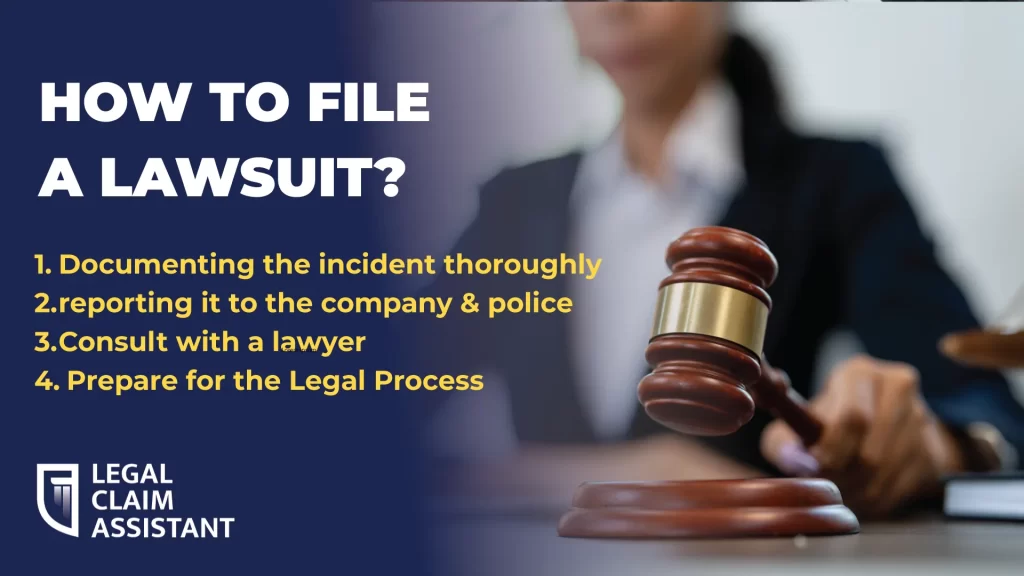
Seeking Compensation for Damages
Victims of rideshare incidents, including those involving Uber and Lyft, can pursue various forms of compensation to cover the broad impacts of their experiences. These compensations are crucial for addressing the direct and indirect consequences of rideshare incidents, particularly in cases of sexual assault or serious car accidents. Compensation types commonly include medical expenses for physical injuries, counseling costs for emotional distress, and compensation for lost wages if the victim needed time away from work.
Moreover, victims may seek damages for pain and suffering, which acknowledges the emotional and psychological impact beyond immediate physical injuries. In severe cases, where long-term care or therapy is needed, additional compensation for future medical expenses and lost earning capacity can be pursued. The aim is to restore the victim’s financial position to where it would have been if the incident had not occurred, ensuring they do not bear the financial burden of the wrongdoing.
Calculating Potential Compensation
The calculation of damages in rideshare lawsuits involves several factors that can influence the total settlement amounts. Courts typically consider the severity of the physical injuries, the extent of psychological trauma, the impact on the victim’s quality of life, and the permanency of injuries. Medical records, wage statements, and expert testimony often play critical roles in substantiating these claims.
Settlement amounts in these cases can also be affected by the policies of the rideshare companies involved, the specifics of the insurance coverage, and the legal arguments presented. Historical precedents set by previous cases involving similar circumstances are also referenced to gauge reasonable settlements. Attorneys specializing in rideshare lawsuits leverage all available evidence and legal precedents to argue for fair compensation, ensuring that all related costs, both current and anticipated, are covered by the final settlement.
Find out how much your payout could be:
Protecting Yourself in Rideshares
Ensuring safety in rideshares involves proactive steps by both riders and drivers. For passengers, always verify the driver’s identity and the vehicle details provided by the app before entering the car. Share your ride details with trusted contacts and utilize in-app features to report any issues directly to the rideshare company. Riders should stay aware of their surroundings and avoid sharing personal information with the driver.
For drivers, understanding your rights is crucial, especially concerning the background checks conducted by your employer, Uber or Lyft. Ensure you are aware of the legal protections and benefits you are entitled to, such as mandatory paid sick leave and other benefits provided under local laws like those in New York, which are supported by the York Taxi Workers Alliance and similar organizations.
Safety Measures and Best Practices
Passengers should sit in the backseat to maintain personal space and exit the vehicle if they feel unsafe at any time. Both Uber and Lyft offer emergency buttons within their apps to alert authorities if necessary. Drivers should maintain transparent communication with riders, follow the best routes, and adhere strictly to traffic laws to ensure safety. Regularly reviewing company policies on earnings, compensation, and settlements, such as those detailed in class action lawsuit settlements, can also inform drivers about their rights and what to expect in terms of support from rideshare companies.
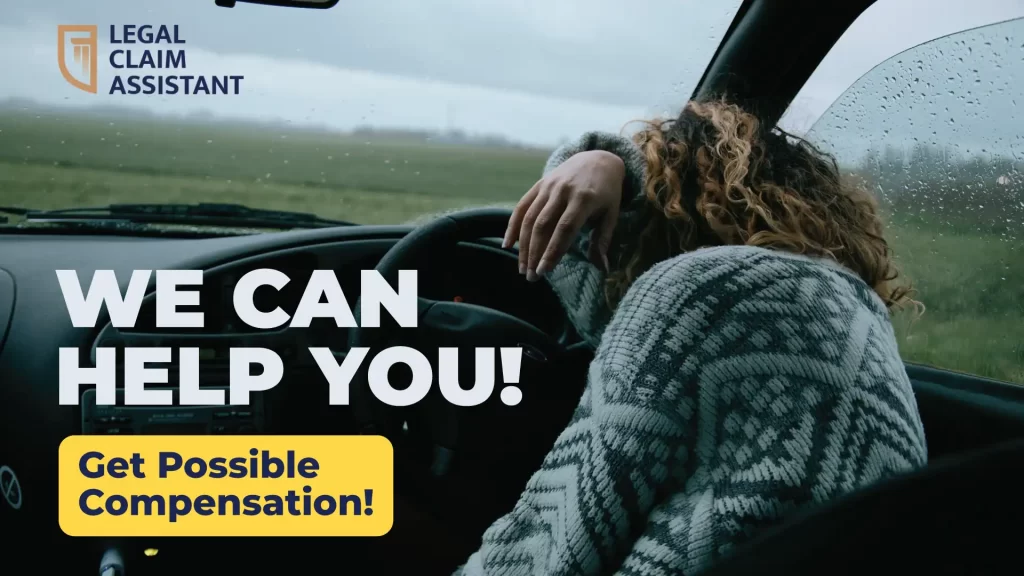
Find out how much your Rideshare payout could be:
Conclusion and how LCA can help
In conclusion, the landscape of rideshare lawsuits, particularly those involving Uber and Lyft, continues to evolve as more drivers and passengers come forward with claims. From issues surrounding the classification of independent contractors to disputes over earnings and guaranteed paid sick leave, the complexities of these cases often culminate in class action lawsuits. Settlements have been reached, with settlement funds established to compensate affected class members, showcasing the efforts of rideshare companies to address the grievances.
Uber and Lyft drivers, often at the center of these disputes, seek fair treatment and legal recognition of their rights, which include proper compensation and working conditions as mandated by law, such as those enforced by the Limousine Commission in New York. The companies have faced numerous lawsuits, claiming a need for better background checks and more transparent earnings disclosures to potential drivers. Appeals courts and judges continue to play a crucial role in these proceedings, often dictating the course and outcomes of the litigation.
With every lawsuit filed and each settlement reached, rideshare companies are prompted to reevaluate their policies and practices. The continuous legal challenges push for an environment where safety, fairness, and respect for both drivers and passengers are prioritized, ensuring that rideshare remains a viable and safe option for transportation. The ongoing legal processes and the evolving nature of rideshare laws underscore the importance of staying informed and prepared, whether one is a driver, a passenger, or a rideshare company.
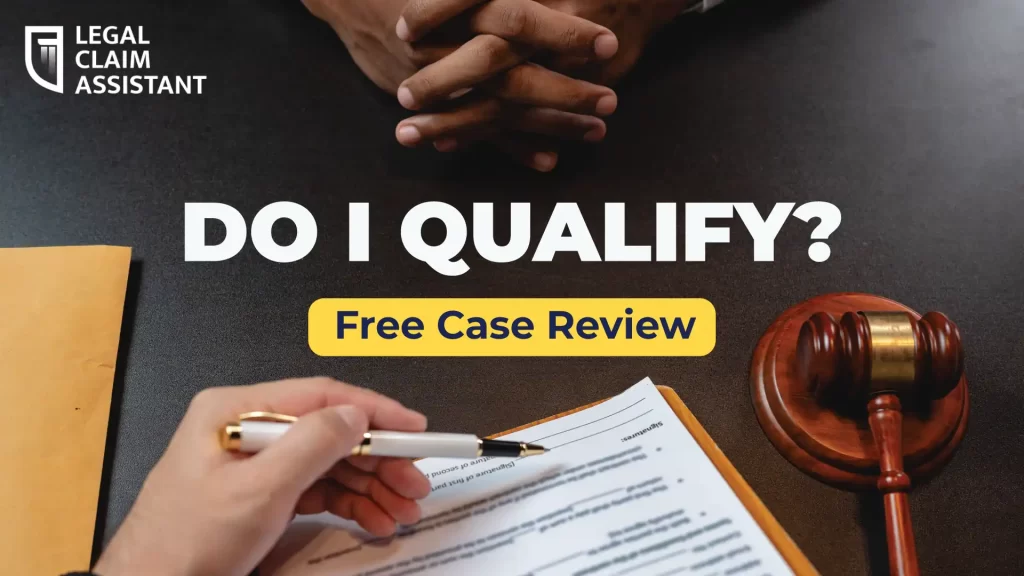
Need help with an Rideshare Claim?
Written by:
Nicky from LegalClaimAssistant.com
LegalClaimAssistant.com simplifies the process of pursuing legal action. Access information, lawsuit guides, and updates on drugs, products, and other matters that may impact you.
4 References
- Holpuch, Amanda. “Two Army Veterans Awarded $110 Million in 3M Earplug Lawsuit.” The New York Times. January 28, 2022. Retrieved on May 12, 2022 from https://www.nytimes.com/2022/01/28/us/veterans-earplugs- 3m-lawsuit.html
- LexisNexis® Legal Insights. “Product liability & strict liability.” January 06, 2021. Retrieved on May 5, 2022 from https://www.lexisnexis.com/community/insights/legal/b/thought-leadership/posts/understanding-the- interplay-between-strict-liability-and-products-liability
- National Highway Traffic Safety Administration. “Letter to Tesla: Full Self-Driving Software May Cause Crash.” Retrieved from: https://static.nhtsa.gov/odi/rcl/2023/RCAK-23V085-2525.pdf. Accessed on February 17, 2023.
- Unified Parkinson’s Advocacy Council. “Paraquat Dichloride Registration Review.” July 24, 2017. Retrieved on May 12, 2022 from https://files.michaeljfox.org/Paraquat_letter_FINAL.pdf



